SUMMARY
This is AI generated summarization, which may have errors. For context, always refer to the full article.
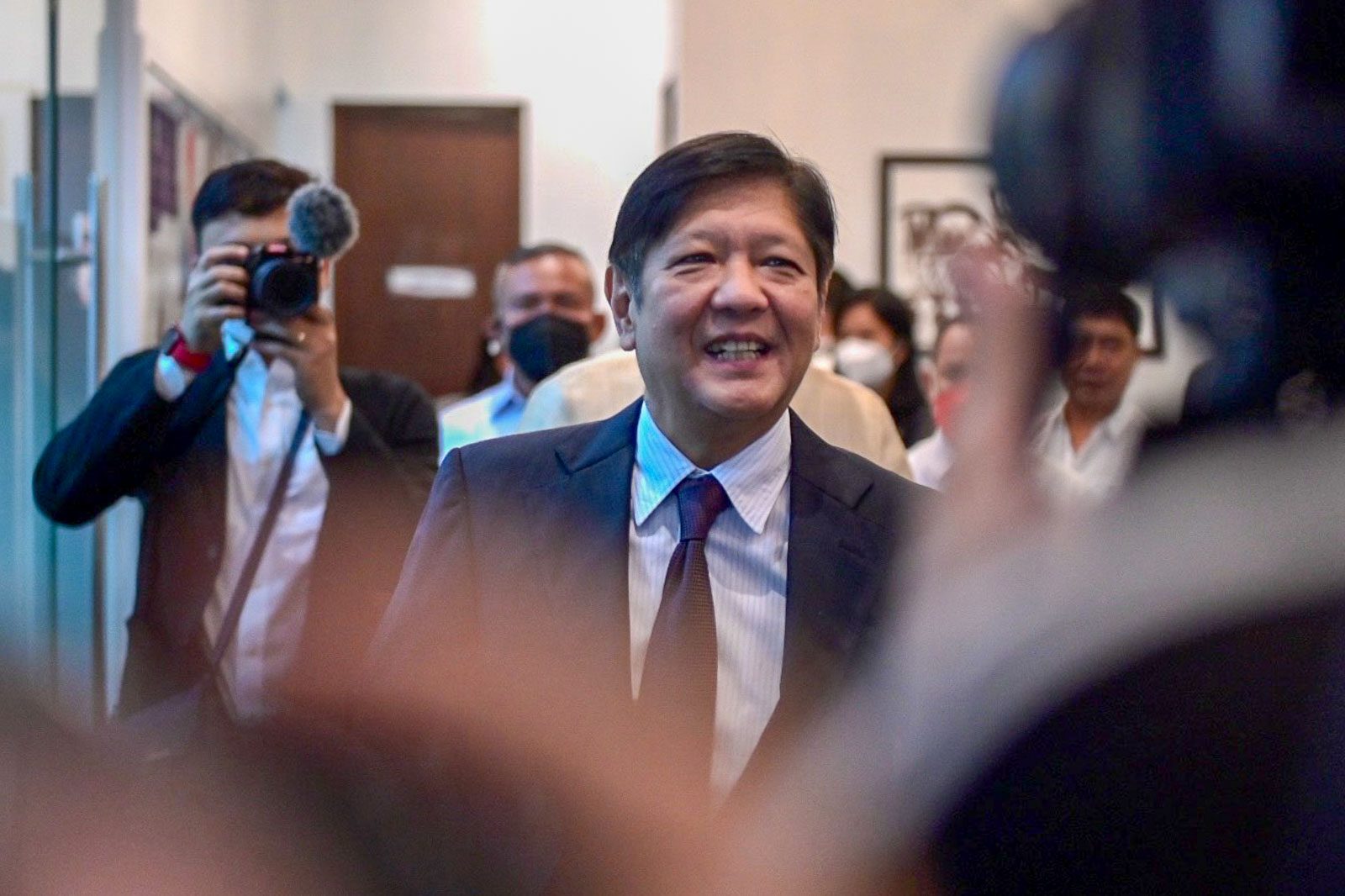
MANILA, Philippines – President-elect Ferdinand “Bongbong” Marcos Jr. submitted a formal answer to the Supreme Court on the pending petition to void his candidacy, and in effect his win, telling justices that if they side with petitioners who want to proclaim second placer Leni Robredo as president, it would “defile the sovereign will of the Filipino people.”
“To allow the defeated and rejected candidate to take over is to disenfranchise the citizens representing 58.77%” of the votes cast, without fault on their part,” said Marcos in a 45-page answer submitted to the Supreme Court Tuesday, May 31, but released to media Wednesday, June 1.
Marcos and vice president-elect Sara Duterte were proclaimed by Congress on May 25. Based on the canvassing of votes, Marcos won with 31.63 million votes whereas incumbent Vice President Robredo got 15 million votes.
Marcos’ answer, filed through lawyer and the dictator’s solicitor general Estelito Mendoza, said the request for the Temporary Restraining Order (TRO) to supposedly stop the proclamation is now moot. This is for the elevated petition to cancel Marcos’ Certificate of Candidacy or COC.
On merits, the Marcos answer argued that the tax code that took effect in 1986 does not cover the president-elect as he was already on exile in Hawaii by then and no longer a public officer.
1986 is important because it’s when the new tax code came into effect. It’s the version of the tax code that mandated prison time for a tax conviction, and made perpetual disqualification an automatic penalty for a convict.
Marcos was convicted of failure to file income tax returns (ITR) from 1982-1985 when he was vice governor, then later governor of Ilocos Norte. The pre-1986 tax code did not have a mandatory prison time and perpetual disqualification clause.
These are important because according to petitioners, it would have disqualified Marcos from running just by being convicted. Conviction with a sentence of prison time more than 18 months is a disqualification ground in the election code.
However, the 1985 non-filing spilled over to 1986 because that was when the tax return was supposed to be filed. Petitioners argue that the 1986 tax code, with mandatory clauses on prison time and perpetual disqualification, covered the 1985 non-filing, and therefore disqualified Marcos.
In his answer, Marcos said: “Well before the deadline for the filing of the 1985 ITR, the whole government was overthrown through a revolution dubbed by EDSA I and by reason thereof, he was removed from office.”
Petitioners said Marcos’ father, the late dictator Ferdinand E. Marcos, continued to insist he was the rightful president even on exile. How then, petitioners said, can Marcos claim now that he was removed as Ilocos Norte governor?
“Even on the assumption that these statements were indeed made by the late President Ferdinand E. Marcos Sr., the same cannot prejudice Marcos since he was not the one who made those statements,” said Marcos’ answer.
Petitioners pointed out that Corazon Aquino’s Proclamation No. 3 during the transition to the new government clearly said that all sitting officials “shall continue in the office until otherwise provided by proclamation or executive order or upon the designation or appointment and qualification of their successors.” That meant Marcos Jr. stayed in power, said the petitioners.
Marcos Jr. said: “Proclamation No. 3 was promulgated only on March 25, 1986, a full month after EDSA I took place. By the time, the ouster of Marcos and his family was already complete and Marcos was no longer in the Philippines.”
The Supreme Court is still on recess until June 10. The en banc will resume meeting on June 14.
Election lawyer Emil Marañon said the Supreme Court can still rule on the case even after proclamation.
A separate petition to disqualify Marcos has also been elevated to the Supreme Court, but there’s a debate on who would become president should Marcos be disqualified. Some say Robredo, while some say it would be Sara Duterte by rule of succession.
– Rappler.com
Add a comment
How does this make you feel?
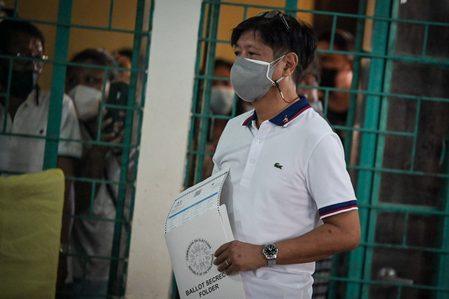

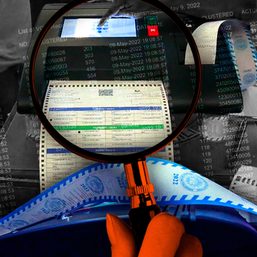
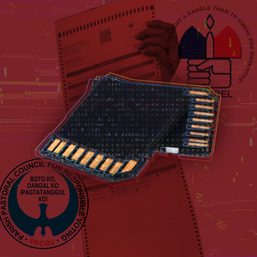
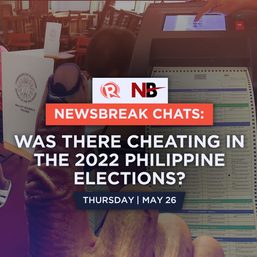
![[Newspoint] Improbable vote](https://www.rappler.com/tachyon/2023/03/Newspoint-improbable-vote-March-24-2023.jpg?resize=257%2C257&crop=339px%2C0px%2C720px%2C720px)
![[Newspoint] 19 million reasons](https://www.rappler.com/tachyon/2022/12/Newspoint-19-million-reasons-December-31-2022.jpg?resize=257%2C257&crop=181px%2C0px%2C900px%2C900px)
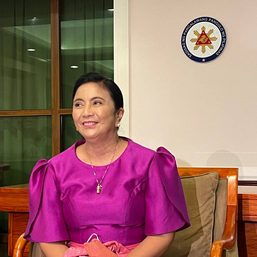






![[New School] Tama na kayo](https://www.rappler.com/tachyon/2024/02/new-school-tama-na-kayo-feb-6-2024.jpg?resize=257%2C257&crop=290px%2C0px%2C720px%2C720px)




There are no comments yet. Add your comment to start the conversation.